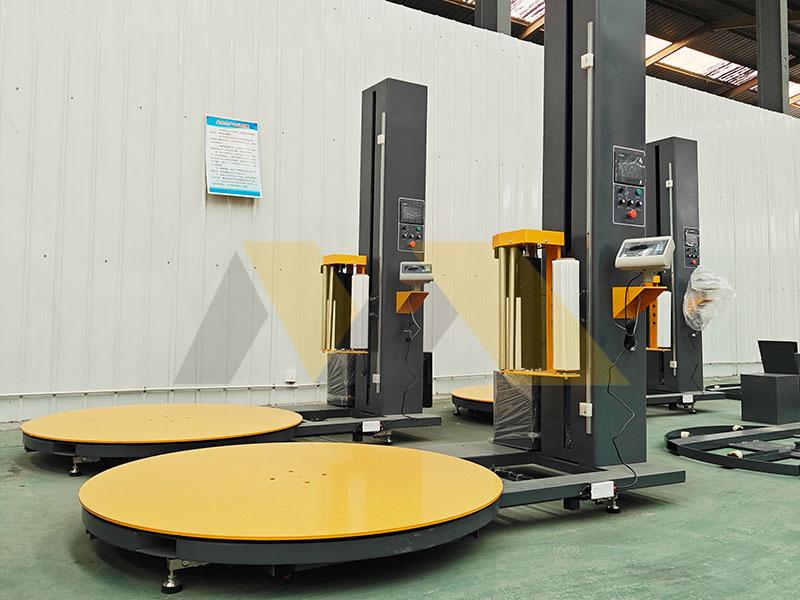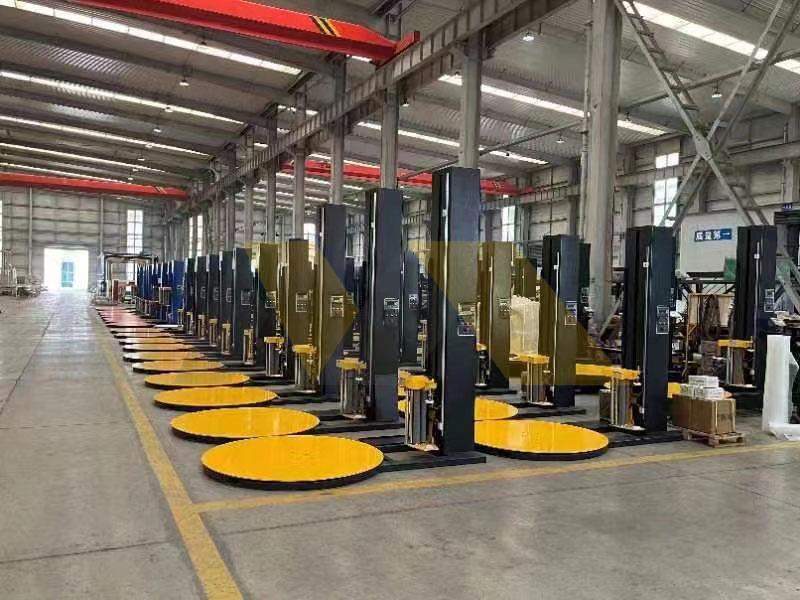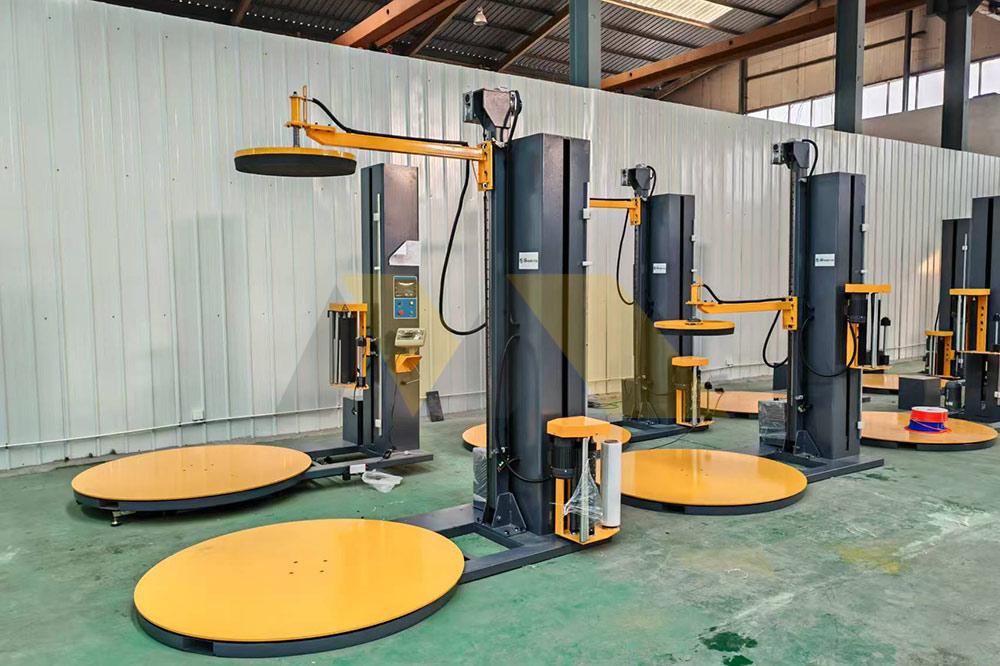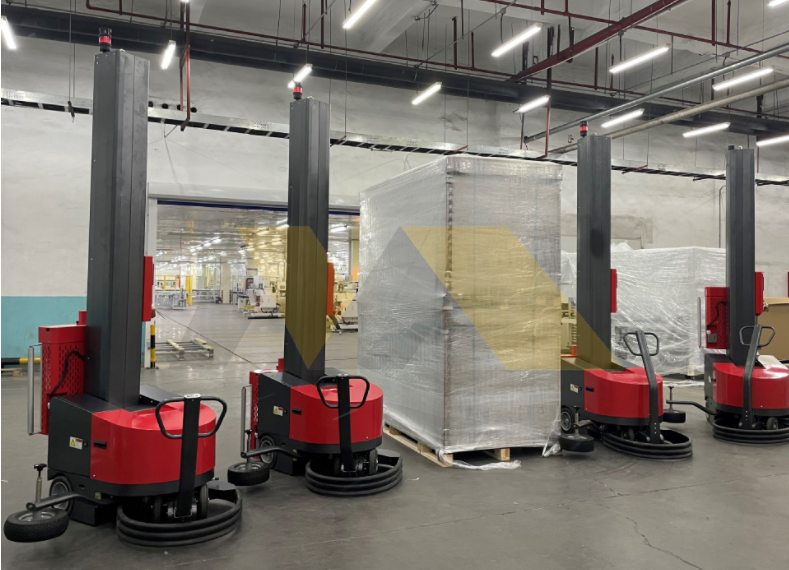Production halts due to inconsistent box forming? Lost profits from rejected shipments? Food and beverage lines demand precision. Match equipment to your real-world packaging challenges or face costly downtime.
Selecting food-grade case erectors requires prioritizing stability (99.9% uptime), hygienic design (IP65+ sealing), and production sync over raw speed – correctly matched machines reduce reject rates by 85% while meeting strict sanitation standards.
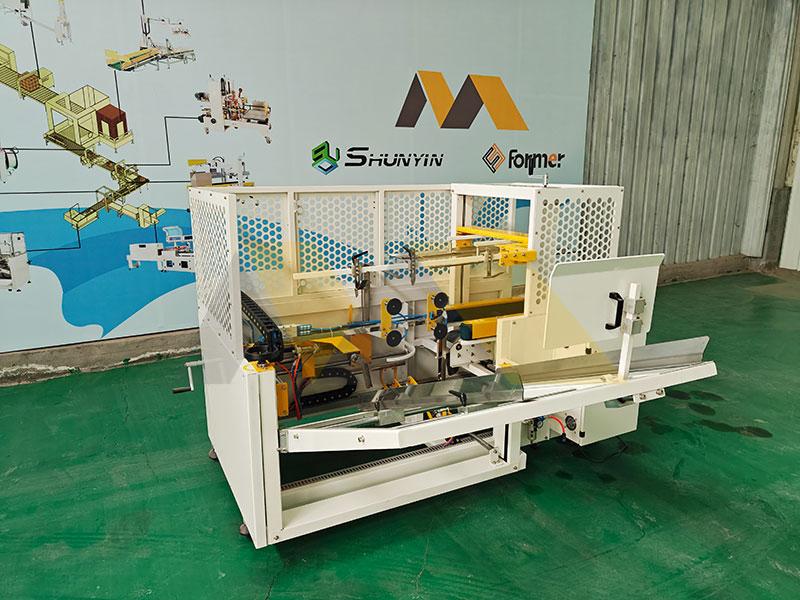
Having supplied 220+ F&B facilities in Japan and North America, I’ve witnessed how proper equipment prevents disasters. Let’s explore common questions with industry-proven insights.
What is the difference between a case former and a case erector?
Receiving daily complaints about production bottlenecks? Manual case formers cripple high-speed lines. Understand these critical differences before purchasing regrets pile up.
Case formers offer manual-flap semi-automation for low-volume operations (under 500 boxes/hour), while case erectors provide fully sealed, foolproof automation sustaining 2000+ boxes/hour with zero human intervention – making them essential for F&B throughput.
Through factory audits in Shanghai and Toronto facilities, we documented three disaster scenarios from using case formers in F&B environments:
Sanitation Nightmares
- Case Formers: Exposed mechanisms collect food particulates – Listeria risk
- Case Erectors: Stainless steel washdown models pass FDA inspection
Throughput Comparison
| Metric | Case Former | Case Erector | F&B Impact |
|---|---|---|---|
| Max Boxes/Hour | 480 | 2,200 | 78% faster line |
| Changeover Time | 22 minutes | 4.5 seconds | Halts filling lines |
| Seal Failure Rate | 7.2% | 0.3% | Prevents product recalls |
A Thailand dairy plant switched to our Myway-SEAL erectors. Result? Zero carton-caused recalls in 18 months. Need validation for your facility? WhatsApp us direct real-time performance data.
What is a case erector used for?
Discover reject crates of leaked yogurt containers? Human-dependent packaging fails F&B demands. See how precision automation solves core challenges.
Case erectors automatically form, tape seal and position food-grade boxes in ≤1.5 seconds while synchronizing with fillers/date-coders – maintaining ±0.05s timing accuracy to eliminate downstream jams and package contamination.
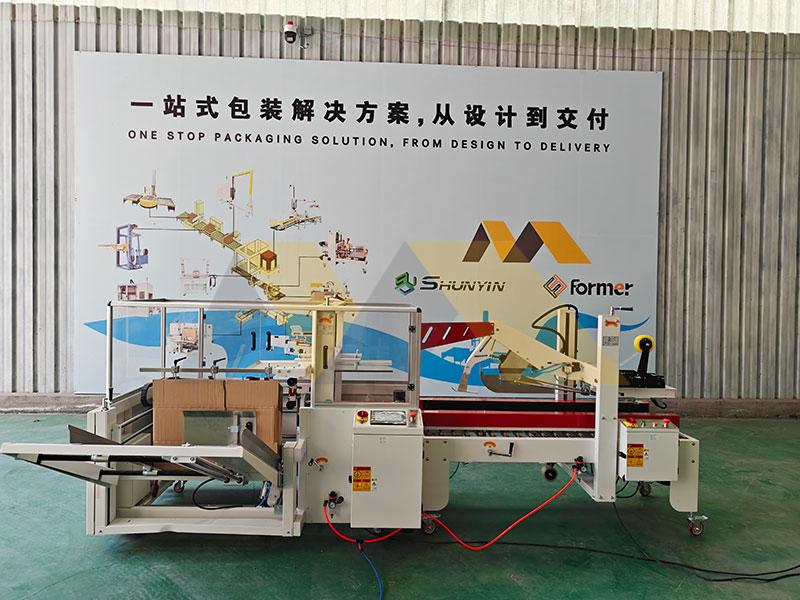
Beyond basic functions, our clients report shocking benefits when upgrading F&B lines. Consider these operational multipliers:
Hygiene Critical Points
Proper machines secure:
- Automatic flush-cleaning cycles eliminating pathogens
- No-tool disassembly in <6 minutes for deep sanitation
- Food-safe lubricants meeting NSF H1 certification
Downtime Cost Analysis
| F&B Waste Source | Manual Line | Auto Case Erector | Savings |
|---|---|---|---|
| Spilled Product | $18,200/year | $900/year | 95% reduction |
| Cleaning Labor | 34 hrs/week | 8 hrs/week | 76% reduction |
| Machine Washdown | 90 min/shift | 12 min/shift | 87% time saved |
Don’t lose $280/hour during cleaning cycles. Our models feature self-disinfecting UV modules that maintain hygiene compliance. Calculate your loss prevention – send us your line schematics today.
How much is the case erector?
Feeling overwhelmed by quotations spanning $9k-$47k? Remember: cheap machines hold invisible costs that suffocate F&B profits. Decode the real mathematics.
Food industry expenses start at $32,000+ due to required stainless steel construction, hygienic modifications and precision timing modules – but prevent $410k/year in average recall/labor/rework costs versus budget machines.
Break down industry-specific expenses with this F&B specialty costing framework:
Equipment Quality Tiers
- Economy ($9,000-$15,000): Risk non-compliance notices and daily cleaning struggles
- Food-Grade ($22,000-$34,000): Meets USDA standards, manual cleaning
- Pharmaceutical-Focused ($35,000-$47,000+): Auto-cleaning, allergen changeovers
Hidden Food Sector Costs
| +——————————————————————+ | Cost Factor | Low-Cost Machine | Myway FoodPro |
|---|---|---|---|
| Initial Investment | $14,500 | $28,900 | |
| Annual Maintenance | $6,700 | $2,100 | |
| Weekly Cleaning Labor | 14 hours | 3 hours | |
| Sanitation Chemical Cost | $3,800/year | $780/year | |
| 5-Year Operational Savings | -$166,000 | +$305,000 |
+——————————————————————+
Premium machines protect brands. Dairy plants in Osaka recouped our investment in 14 months via reduced HACCP audits. For accurate cost projection, WhatsApp us your box dimensions and shift patterns.
What is a carton erector?
Finding broken corners on retail displays? Shipping cases collapsing during transit? Application mismatch stalls both processes. Solve it at origin.
Carton erectors specialize in small decorative boxes (under 12oz) for supermarket shelves requiring perfect creases, while case erectors handle heavy corrugated shipping containers (up to 180lbs capacity) with reinforced corner protection for distribution.
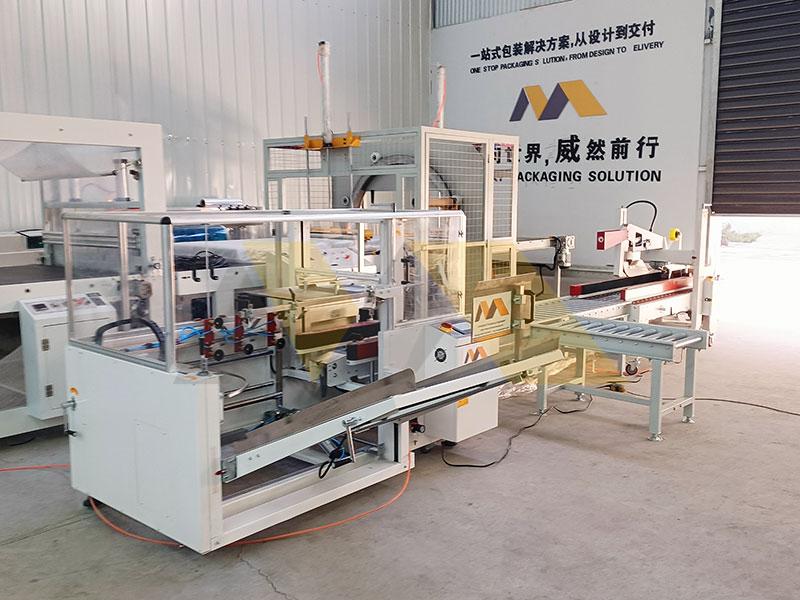
Application confusion creates larger operational havoc than most buyers anticipate. Study these critical F&B risk factors:
Regulatory Boundaries
Mismatched machines cause:
- USDA rejections when using retail machines for bulk ice cream
- ISO 22000 certification failures from poor material traceability
- Labeling non-compliance during premium product runs
Equipment Selection Matrix
| Parameter | Carton Erector | Case Erector | F&B Application |
|---|---|---|---|
| Max Weight | 8 oz | 180 lbs | Wholesale shipments |
| Surface Finish | High-gloss printing | Industrial strength | Distribution chains |
| Sanitary Features | Rare | Standard | Raw food processing |
| Accuracy Tolerance | 0.1mm finesse | 1.0mm robustness | Premium retail boxes |
Save $12,000+ by avoiding application errors. Our engineers validate your entire packaging environment pre-purchase. Send photos of your setup now for a free compatibility audit.
Conclusion
Prioritize hygienic design, sanitation access and timing precision when selecting food industry case erectors – equipment failures create hazardous financial risks. Solve your packing challenges today.

